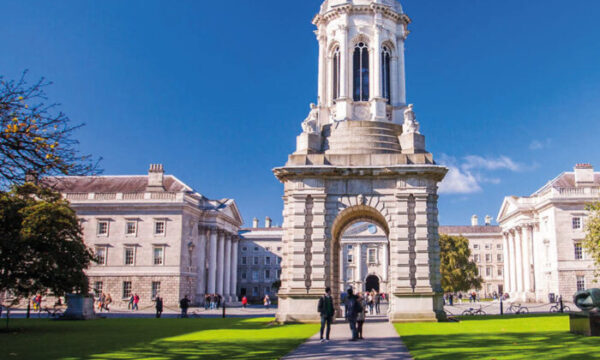There are many great career opportunities in Ireland for international graduates due to its appeal to multinational businesses, including well-known companies such as eBay, Skype and Microsoft. Most universities offer internship opportunities that are a great way to gain real experience in the workplace that can prove invaluable when job-hunting.
When it comes to post-study work, Ireland is the first English-speaking country in Europe that offers post-study work visas to international graduates, making it an attractive destination to kick-start your career. Once you find full time employment after studying in Ireland, you will be eligible to apply for residency – over 13,500 first residence permits were issued to higher education students in 2017 (European Migration Network).
You will be welcomed into Ireland by some of the most hospitable people you will ever meet and you will soon discover that the Irish are proud of their country, culture and traditions. Experience the feast day of Ireland’s Patron Saint with Saint Patrick’s Day, listen to traditional Irish music, watch Irish dancing, take part in Irish sports such as Gaelic football or get lost in Irish myths and legends.
Students enrolled on courses on the Degree Programme are allowed to undertake an internship where this forms part of their programme. This is subject to the following rules.
- The internship or work placement part of the programme cannot exceed 50% of the duration of the programme e.g. a 4 year programme would permit 2 years of work placement. In addition, the employment cannot be in a self employed capacity.
- Work placements as part of an academic programme must form an integral part of the programme which contributes to the final award.
- Educational facilities must also ensure that the placements are suited to the programme being pursued.



